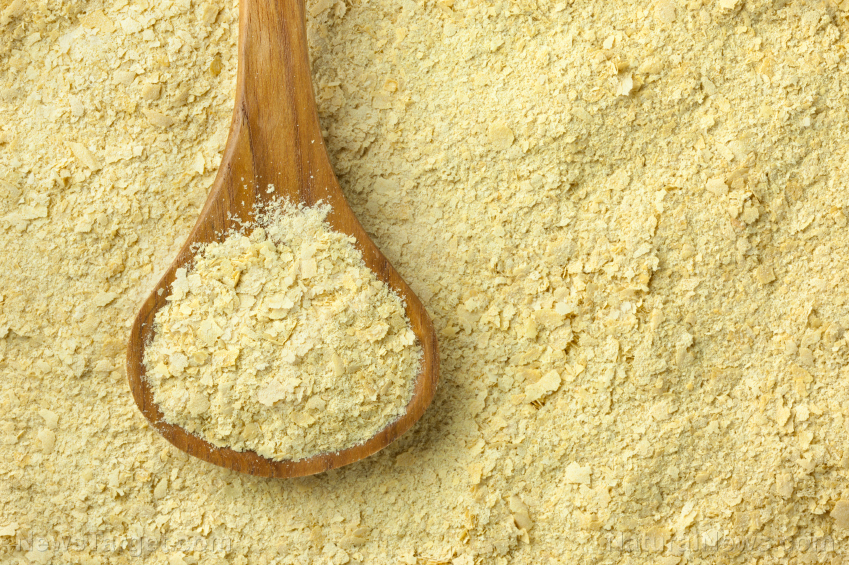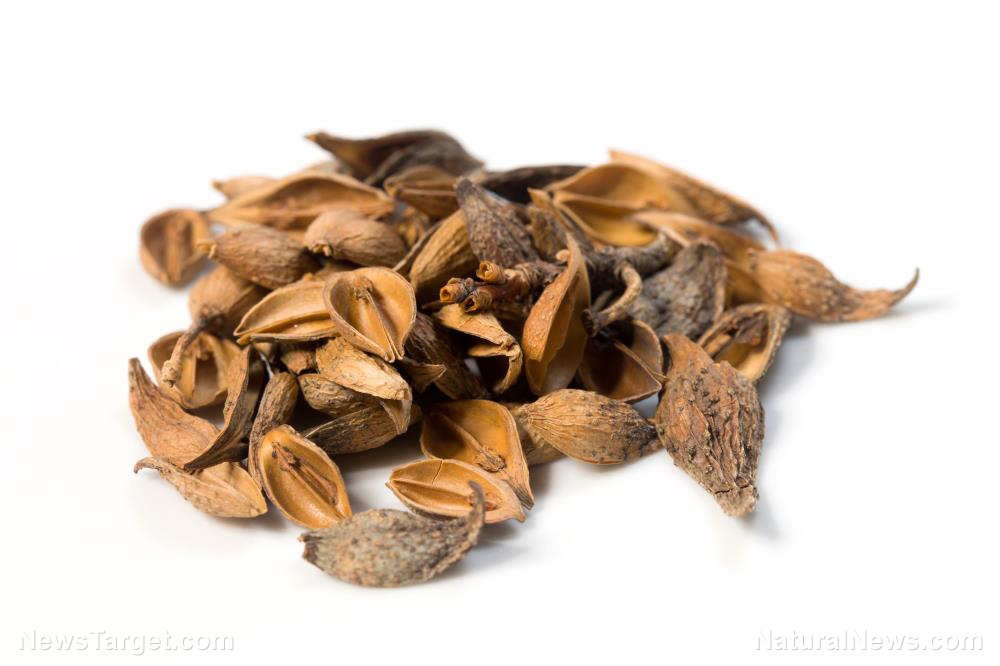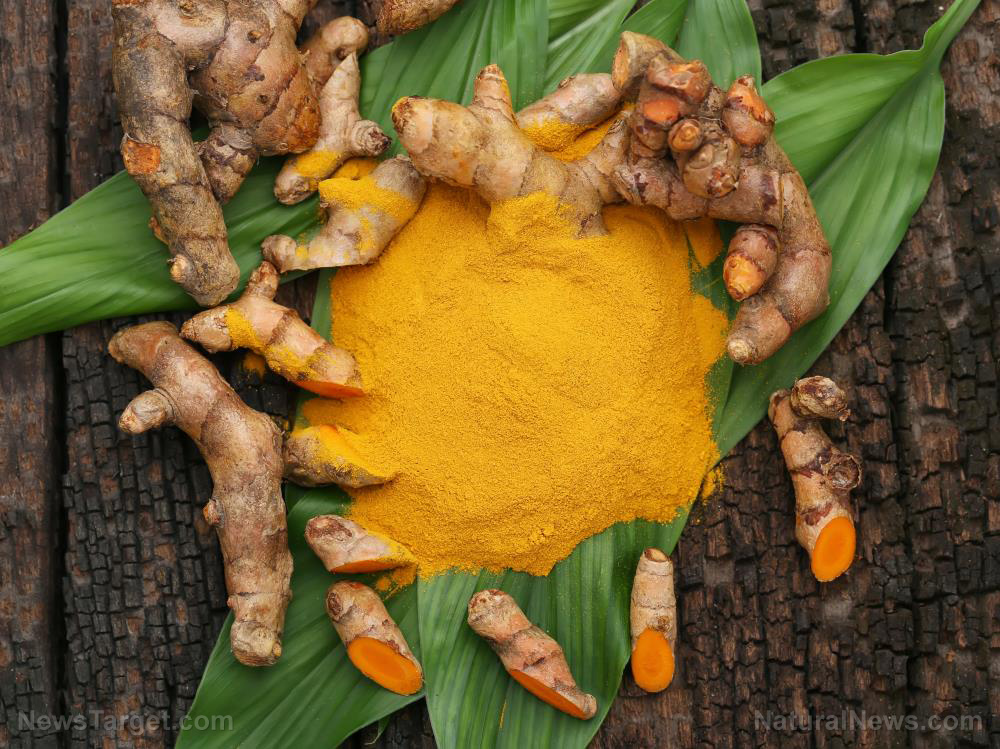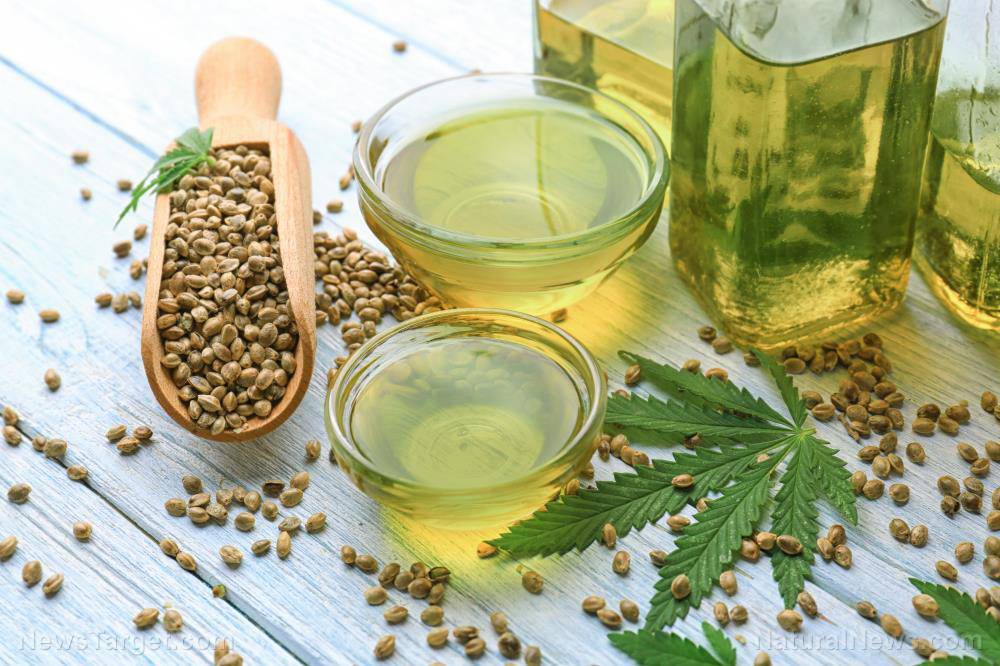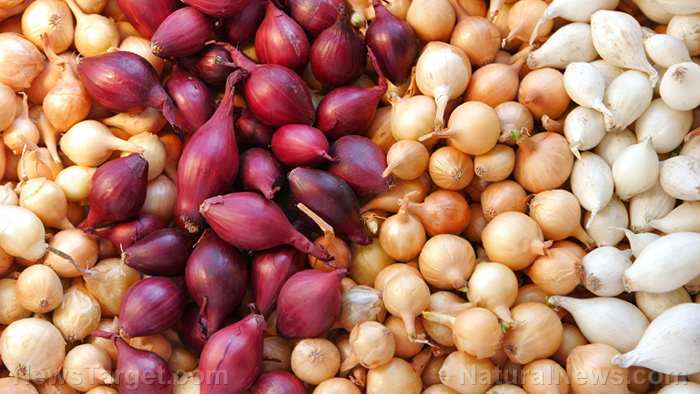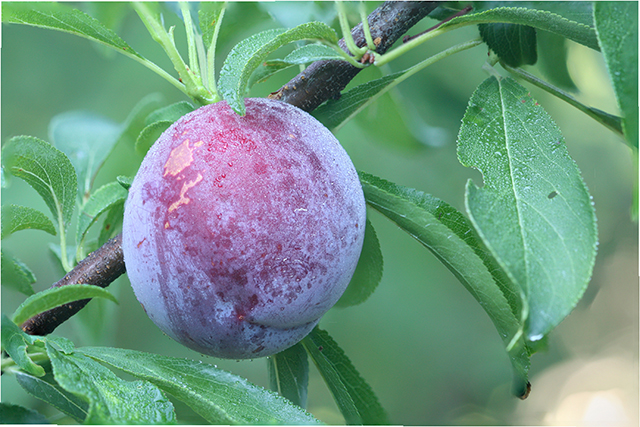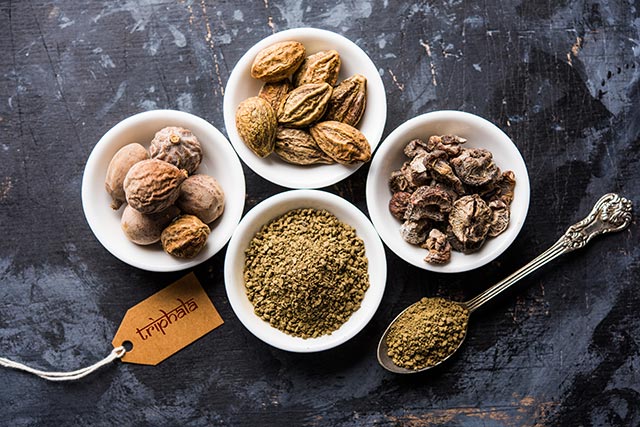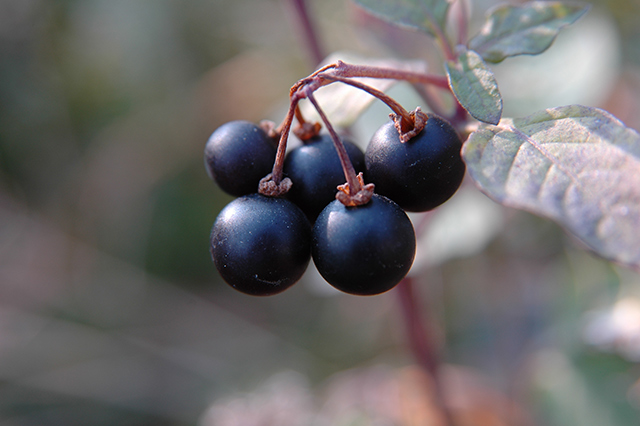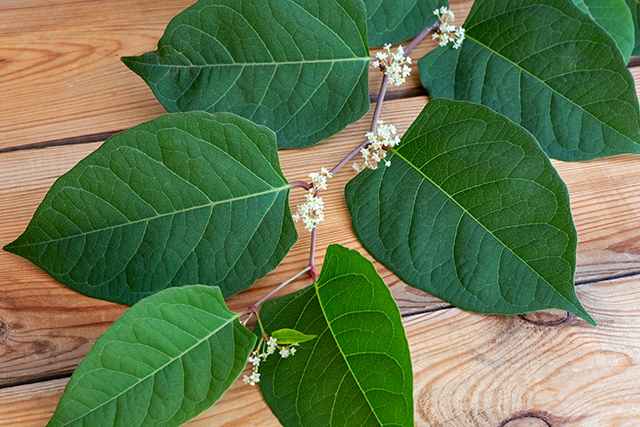Can researchers study your tongue microbiome to determine if you have early-stage pancreatic cancer?
08/06/2019 / By Edsel Cook

Bacteria can be found in and on every part of the human body, including the tongue. According to a study published in the Journal of Oral Microbiology, analyzing the state of the tongue’s microbiome can tell health experts if a person is experiencing the early stages of pancreatic cancer.
The human microbiome is the population of bacteria that lives within and on the surfaces of the human body. Earlier studies of pancreatic cancer patients have shown that the disease affects the bacteria populations in the tissues of the body.
The 2019 experiment by researchers from Zhenjiang University (ZJU) provided initial proof that the bacteria living in the coating of the tongue were also affected by pancreatic cancer. The discovery could lead to the creation of new tools that detect and prevent the early stages of this type of cancer.
In the U.K. alone, nearly 10,000 new cases of pancreatic cancer appear each year. Only one percent of those patients will still be alive after 10 years.
Detecting pancreatic cancer during its early stage of development may increase the chances of treating the disease. However, this cancer is difficult to diagnose due to its remote location deep within the body and lack of apparent symptoms until it has infected other parts. By the time most patients get diagnosed with pancreatic cancer, the tumor has already reached its later and more severe stages. (Related: B-complex vitamins and choline can dramatically reduce your risk of pancreatic cancer.)
The state of the tongue-coating microbiome may reveal early signs of pancreatic cancer
The ZJU researchers sought out potential biological markers that could spot the first symptoms of pancreatic cancer with high accuracy. The changes could serve as a way to screen for the presence of the deadly disease.
Earlier experiments found a link between the human microbiome and the progression of cancer. Analyses of fecal, intestinal, and saliva samples from both healthy people and patients with pancreatic cancer showed considerable disruptions in the bacterial population of cancer patients, especially when compared to healthy individuals.
The new study evaluated the microbiome in the medium coating the tongues of pancreatic cancer patients. Gene sequencing techniques determined the bacterial diversity in samples of tongue-coating.
The experimental cohort consisted of participants diagnosed with a tumor in the early stages of the disease, as well as healthy people to serve as a control group. The ages of the participants ranged from 45 to 65 years. Aside from pancreatic cancer, none of them reported any other health issues. They also didn’t take any antibiotics or pharmaceutical drugs during the three months preceding the experiment.
Pancreatic cancer patients have more Leptotrichia and Fusobacterium on their tongues
The results of the analysis uncovered considerable differences between the tongue-coating microbiomes of pancreatic cancer patients and those of healthy people. Sick people had large populations of Leptotrichia and Fusobacterium bacteria and low numbers of Haemophilus and Porphyromonas.
“Although further confirmatory studies are needed, our results add to the growing evidence of an association between disruptions to the microbiome and pancreatic cancer,” explained ZJU researcher Lanhjuan Li, the lead author of the study. He thought that the differences in population levels of the four bacteria types could serve as markers for the possible presence of pancreatic cancer in a person.
“If an association between the discriminatory bacteria and pancreatic cancer is confirmed in larger studies, this could potentially lead to the development of new microbiome-based early diagnostic or preventive tools for the disease,” Li added.
He and his colleagues believed that pancreatic cancer affected the tongue-coating microbiome via the immune system. As the tumor developed in the pancreas, it could alter the immune response, leading to favorable growth conditions for certain bacteria.
Sources include:
Tagged Under: microbiome, oral health, pancreatic cancer, prevention, tongue
RECENT NEWS & ARTICLES
COPYRIGHT © 2017 PREVENT CANCER NEWS


